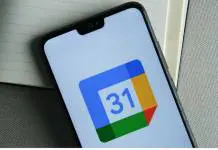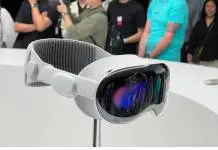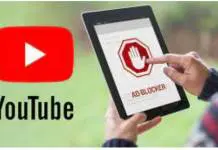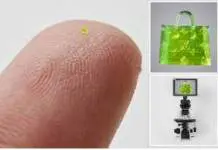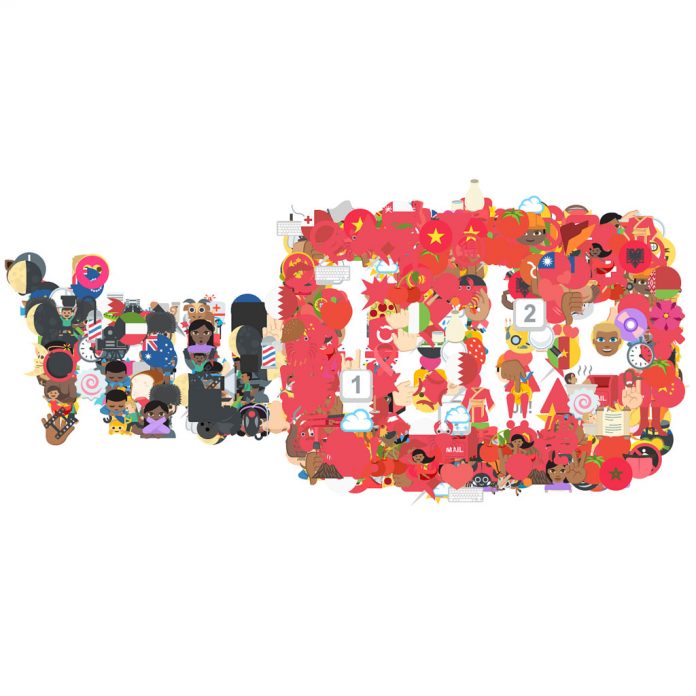
YouTube has held a characteristic posture regarding political correctness and hate laws over time. However, the video-sharing website is to spend $5 million dollars to fund “counter hate and tolerance promoters” to support the company’s “Creators for Change Program,” which employs over 100 YouTubers with the common goal of “encouraging empathy and understanding around the world”
The initiative came to life as Google faced heat from political pressure, in order to address what many critics concern as “hatred extremisms” while others just consider the free regulated content sharing as, “freedom of speech and expression”.
Juniper Downs, YouTube’s head of policy, said: “Video is a powerful medium to open minds to new perspectives and shared experiences. Creators prove that to us every single day. And we think Creators for Change in 2018 will reach and inspire even bigger audiences.”
What is the Creators for Change program?
“It encourages and educates creators about using the platform positively for social change,” says YouTube. It was launched in 2017 and has so far worked with 39 creators across the world.
In the coming year, the company says it will “engage more creators in the program, arm the wider YouTube community with new tools and education on how to create change and empower more young people to use their voices to encourage positive social messages.”
YouTube has faced backlash in the form of criticism to some content sharers that may be deemed “racists” for sharing their political views, which in turn might be seen as inappropriate for some. Others, like Logan Paul and his controversial videos, have forced YouTube to get an apology out of him for putting out disturbing content.
The site is widely popular among the far right and the “alt-right” movement, being the centerpiece of their presence online. YouTube stated that videos will be manually picked before being selected to be featured in the top line video recommendations. Google said that “ads will only run on videos that have been verified to meet our ad-friendly guidelines.”
Kicking off Day 1 of #CreatorsforChange Summit. These creators are ready for inspiring conversations. Check out our @YouTube Story to see all the BTS moments throughout the day! https://t.co/PopbnhYa9c pic.twitter.com/bQSSxuTKrr
— YouTube Creators (@YTCreators) January 24, 2018
Backlash from content creators
Given the subjective, “anti-hatred” laws imposed to content creators, many artists have turned to YouTube with discontent, to which the company answered with the request of an agreement to non-disparagement in exchange of promotion and support.
Roughly 180 artists came to an agreement to request a “sensible reform that balances the interests of creators with the interests of the companies who exploit music for their financial enrichment.”
Source: YouTube

